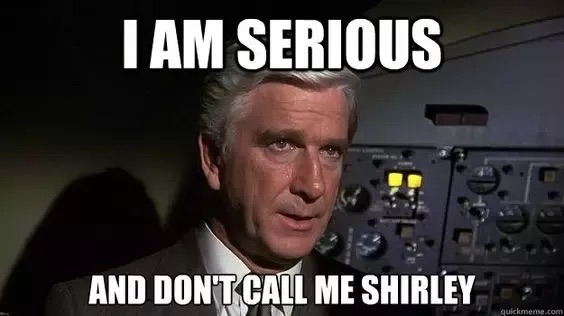Seat me not anywise upon a chair, O thou fostered of Zeus, so long as Hector lieth uncared-for amid the huts
Homer, Iliad, Book 14, line 427
I’d check the citations on this translation of the Iliad but the old internet is dying so several clicks later I’m still unsure what florid Englishman gave us this version of the Illiad.
While Wikipedia is load bearing for civilization our middle tier universities who host classics departments are….not? I know, I’m as shocked as the rest of you. So how about those Trojans for Israel. Sheesh what an awkward thing to be named right now. Rough time for universities all around.
Anyways, I was going down a translation hole to learn about the seven deadly sins and got stuck on Acedia. Which is how I’ve bumped this quote into our shared history. I hope it aids your journey.
It would seem being depressed is an insult to the gods because you don’t have any right to question their creation of you. I myself find this to be weird mix of Christian moralism and honor culture.
In Ancient Greece acedia originally meant indifference or carelessness along the lines of its etymological meaning of lack of care. Thus Homer in the Iliad uses it to both mean soldiers heedless of a comrade (τῶν δ᾽ ἄλλων οὔ τίς εὑ ἀκήδεσεν, “and none of the other [soldiers] was heedless of him.[3]“) and the body of Hector lying unburied and dishonored in the camp of the Acheans (μή πω μ᾽ ἐς θρόνον ἵζε διοτρεφὲς ὄφρά κεν Ἕκτωρ κεῖται ἐνὶ κλισίῃσιν ἀκηδής.
Naturally we’ve demonstrated this lesson of heedlessness in the Anglosphere through the Iliad. Two dudes who seemed pretty horny for each other despite being on a mission to save some hot chick named Helen is a hell of a way to train the young on moralism but you do you.
My Greek isn’t what it used to be but if you literally have to die to get your boyfriend to pay attention I think he might not be that into you.
Who knew self help and the Iliad could so easily be filed together in a mental library. Anyways, it’s a sin to be joyless and you should be heedful of the Hectors in your life before they are gone. It’s what Zeus the old horny bastard would have wanted.


